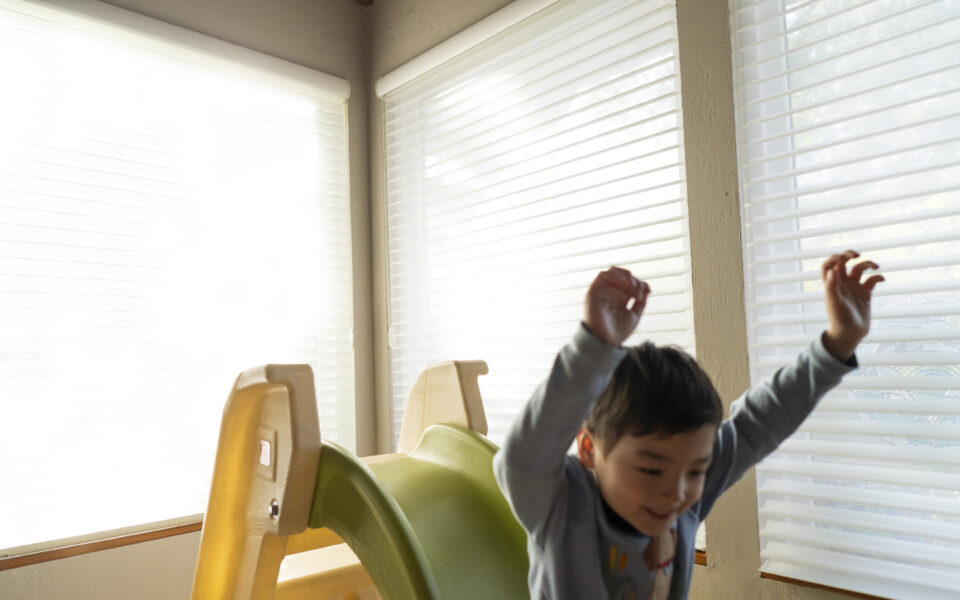Drug drastically reduces children’s reactions to traces of food allergens

A drug that has been used for decades to treat allergic asthma and hives significantly reduced the risk of life-threatening reactions in children with severe food allergies who were exposed to trace amounts of peanuts, cashews, milk and eggs, researchers reported Sunday.
The drug, Xolair, has been approved by the Food and Drug Administration for adults and children older than the age of 1 with food allergies. It is the first treatment that drastically cuts the risk of serious reactions – such as anaphylaxis, a life-threatening allergic reaction that causes the body to go into shock – after accidental exposures to various food allergens.
The results of the researchers’ study on children and adolescents, presented at the annual conference of the American Academy of Allergy, Asthma and Immunology in Washington, were published in The New England Journal of Medicine.
“For a certain population of food allergy patients, this medication will be life-changing,” said Dr Robert A. Wood, the paper’s first author and director of the Eudowood Division of Pediatric Allergy, Immunology and Rheumatology at Johns Hopkins Children’s Center.
Food allergies have been increasing in prevalence over the past 20 years, though it is not clear why. Some 5.5 million children and 13.6 million US adults have food allergies, and many are allergic to more than one food.
Nearly half of people with food allergies have experienced a severe, life-threatening reaction. Food allergies are the cause of an estimated 30,000 emergency department visits a year.
But while some hailed Xolair’s approval as a breakthrough, experts cautioned that it was far from a perfect solution. The drug lowers the risk of a reaction to trace amounts of an allergen, but life-threatening episodes are still possible. Patients still must scrupulously avoid foods likely to trigger a reaction.
The drug is not easy to take, administered by injection every two to four weeks. And in order for Xolair to be effective, patients must take it regularly.
The study of Xolair, funded in large part by the National Institute of Allergy and Infectious Diseases, was of the kind considered the gold standard in medicine: a double-blind, randomized, placebo-controlled clinical trial.
It was carried out at 10 medical centers across the United States and included 177 children and adolescents ages 1 to 17, all of whom were allergic to peanuts and at least two other foods including cashew, milk, egg, walnut, wheat and hazelnut.
This article originally appeared in The New York Times.






